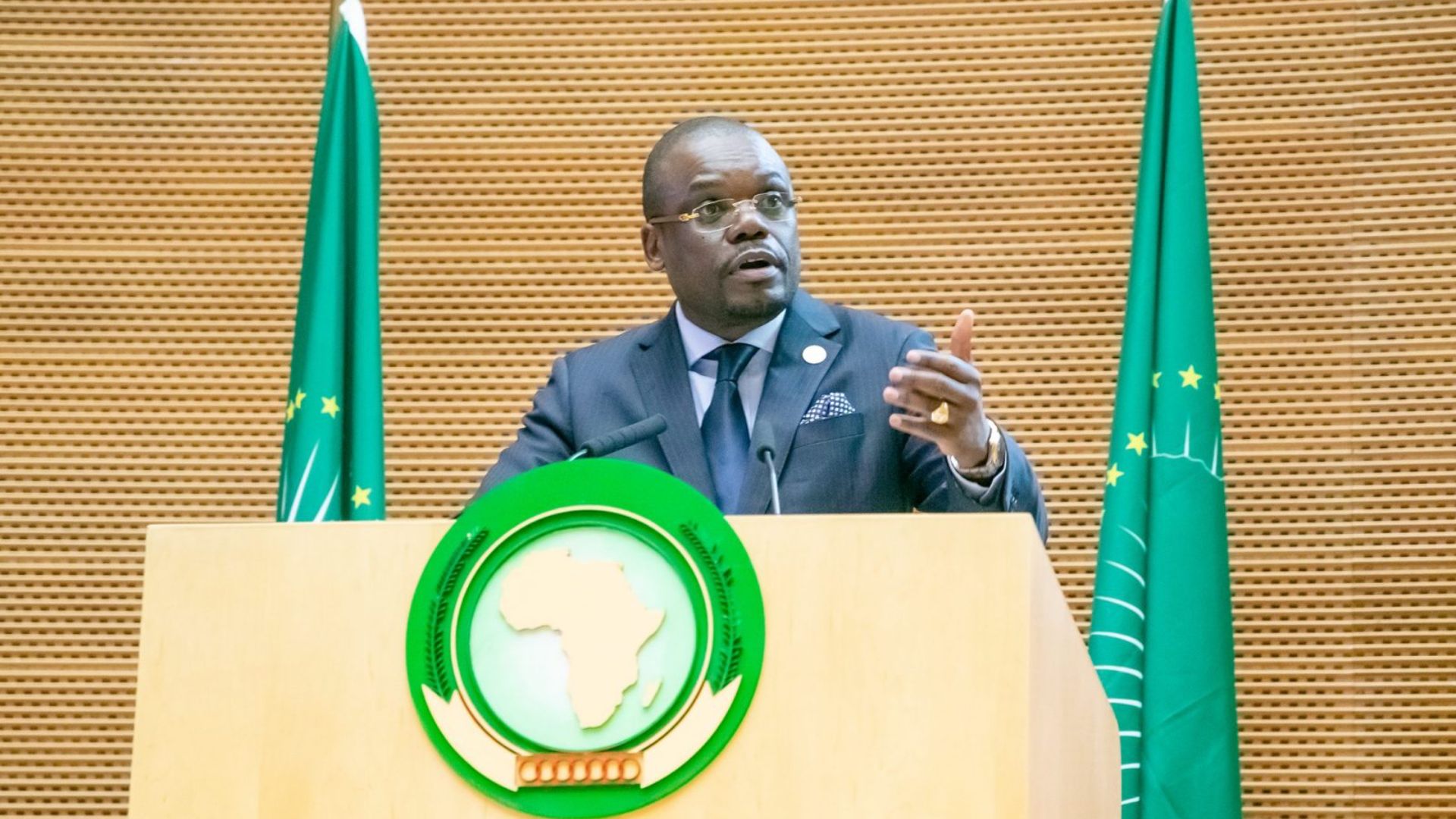The Africa Centre for Disease Control and Prevention (Africa CDC) has sounded the alarm over the rising death toll from Mpox, calling it “unacceptable” and urging swift action to bolster cross-border surveillance and response measures.
During a news conference on Thursday, Africa CDC Director-General, Dr. Jean Kaseya, expressed grave concern over the escalating Mpox crisis. He reported that despite the implementation of a joint response plan by the Africa CDC and the World Health Organization (WHO), Africa witnessed a staggering 107 deaths and 3,160 cases in just one week.
“In one week, the continent lost 107 lives. This is too much and unacceptable,” Dr. Kaseya said. “Africa cannot rely solely on confirmed cases for decision-making and response.”
He emphasized the need for robust cross-border surveillance, noting the insufficient testing capacity across the continent, which hampers effective responses. “The current level of testing is insufficient for meaningful decision-making. We must increase testing resources and capacities urgently,” he added.
To demonstrate leadership and build public confidence, Dr. Kaseya announced plans to travel to the Democratic Republic of Congo (DRC) to oversee the rollout of vaccines, expected to begin in early October. “I will personally receive the vaccine to show both the African and Congolese people that the vaccine is safe,” he affirmed.
Dr. Kaseya shared concerning data, revealing that men account for a 63% positivity rate for Mpox, while children under 15 have a 41% positivity rate across the continent. He also warned of the virus’s ability to be transmitted from mother to child during pregnancy, drawing parallels between Mpox and smallpox, though Mpox generally causes milder symptoms such as fever, chills, and body aches. Severe cases, however, can lead to painful lesions on the face, hands, chest, and genitals.
Vaccine Rollout and Response Plan
Dr. Kaseya also provided an update on the joint Africa CDC and WHO six-month Mpox response plan, which carries an estimated budget of nearly $600 million. The plan is focused on three critical areas: surveillance, laboratory testing, and community engagement.
However, he expressed concern that the current supply of vaccines might be insufficient to contain the outbreak. “More than three million doses are needed to end the outbreak in the DRC, which has become the epicenter of the global Mpox emergency,” Kaseya said. He confirmed that 250,000 doses have already been delivered to the DRC, but further support is urgently needed.
He noted that the European Union has pledged to donate 500,000 doses, though the delivery timeline remains unclear. Additionally, the United States has provided 50,000 doses, while Japan has promised over three million doses as part of the international response effort.
The Mpox Situation in Africa
According to Africa CDC, 5,731 confirmed Mpox cases and 724 deaths have been reported across the continent since the beginning of the year. The DRC, in particular, has been hit hard, with nearly 22,000 cases and 716 deaths reported since January.
WHO Director-General Dr. Tedros Adhanom Ghebreyesus previously noted in August that while Mpox cases had been rapidly increasing, death rates remained relatively low until the recent surge. In response, the WHO declared Mpox outbreaks in 12 African member states as a global health emergency.
The DRC remains the epicenter of the crisis, though Mpox cases have now been reported in at least 12 African countries, including Guinea, which recently confirmed its first case. Outside of Africa, the virus has been detected in countries such as Pakistan, the Philippines, Sweden, and Thailand.
In light of the rapidly evolving situation, the Africa CDC has called for immediate international support to bolster vaccine distribution, enhance testing capacity, and ramp up efforts to contain the virus’s spread.




